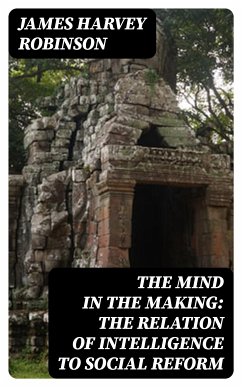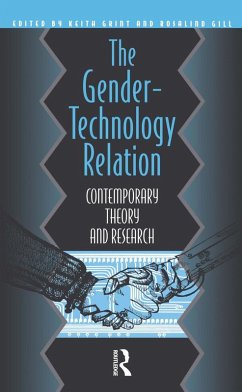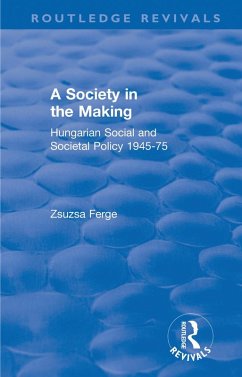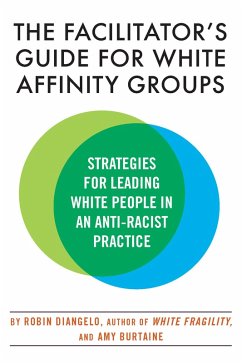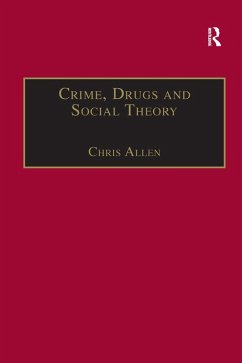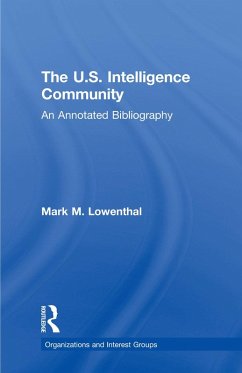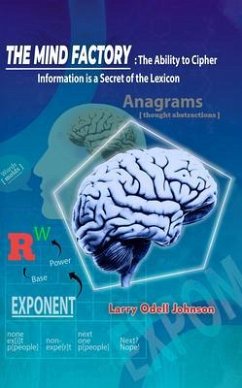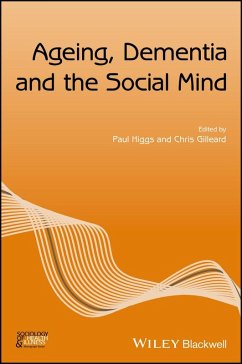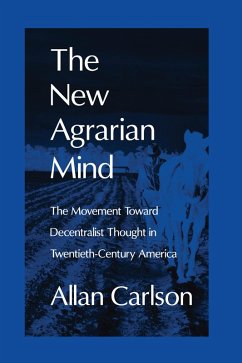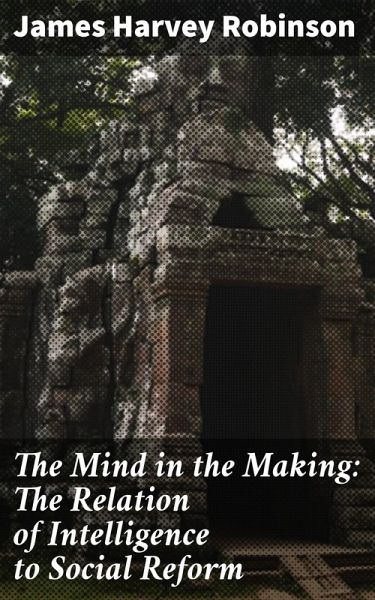
The Mind in the Making: The Relation of Intelligence to Social Reform (eBook, ePUB)
Enriched edition. Intelligence's Role in Societal Transformation
Kommentar: Montrose, Graham / Redaktion: Good Press

PAYBACK Punkte
0 °P sammeln!
In "The Mind in the Making: The Relation of Intelligence to Social Reform," James Harvey Robinson explores the intricate interplay between human intelligence and societal progress. Employing a provocative literary style that blends philosophical inquiry with empirical analysis, Robinson challenges prevailing norms and advocates for an evolution in educational practices. The book dissects various aspects of human cognition and their implications for social reform, drawing upon contemporary debates in psychology and education to underline his arguments. It serves as a compelling manifesto that c...
In "The Mind in the Making: The Relation of Intelligence to Social Reform," James Harvey Robinson explores the intricate interplay between human intelligence and societal progress. Employing a provocative literary style that blends philosophical inquiry with empirical analysis, Robinson challenges prevailing norms and advocates for an evolution in educational practices. The book dissects various aspects of human cognition and their implications for social reform, drawing upon contemporary debates in psychology and education to underline his arguments. It serves as a compelling manifesto that connects intellectual development to the broader imperative of societal change, positioning education as a cornerstone for reform efforts. James Harvey Robinson, a prominent American historian and educator, was deeply invested in the transformative potential of education throughout his career. His progressive views were shaped by the socio-political climate of the early 20th century, which was characterized by rapid change and a growing awareness of social issues. Robinson's exposure to diverse intellectual traditions and his dedication to reformative equity underpin his assertion that cultivated minds can lead to a more just and enlightened society. This book is an essential read for those interested in the intersections of psychology, education, and social reform. Robinson's insights provide a valuable framework for contemporary discussions surrounding the role of intelligence in shaping society. His work invites readers to rethink the purpose of education and tradition, making it a highly relevant text for educators, policymakers, and reform advocates alike. In this enriched edition, we have carefully created added value for your reading experience: - A succinct Introduction situates the work's timeless appeal and themes. - The Synopsis outlines the central plot, highlighting key developments without spoiling critical twists. - A detailed Historical Context immerses you in the era's events and influences that shaped the writing. - A thorough Analysis dissects symbols, motifs, and character arcs to unearth underlying meanings. - Reflection questions prompt you to engage personally with the work's messages, connecting them to modern life. - Hand-picked Memorable Quotes shine a spotlight on moments of literary brilliance. - Interactive footnotes clarify unusual references, historical allusions, and archaic phrases for an effortless, more informed read.
Dieser Download kann aus rechtlichen Gründen nur mit Rechnungsadresse in A, B, BG, CY, CZ, D, DK, EW, E, FIN, F, GR, H, IRL, I, LT, L, LR, M, NL, PL, P, R, S, SLO, SK ausgeliefert werden.




